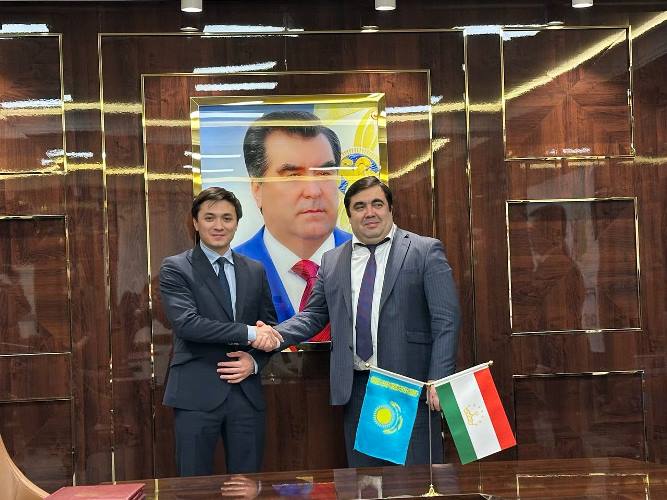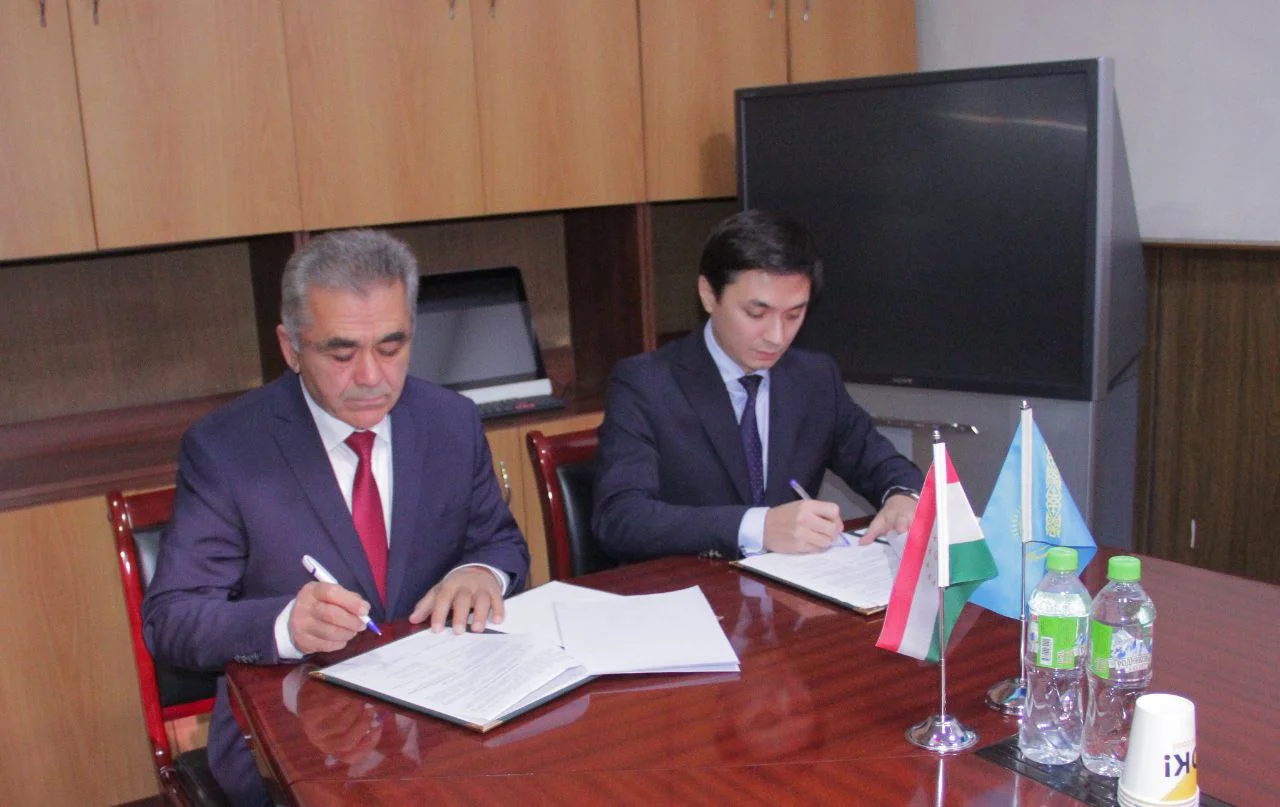Will they have the right to sell internet directly, bypassing the Unified Switching Center, to mobile operators and ISPs?
The Communications Service of Tajikistan has issued two private companies (Megafon and Tcell) a license to supply high-speed Internet to the country through international channels. This is reported on the agency’s website.
This step is timely and will help reduce the cost of Internet in the country, as well as improve the level of access and quality of the Internet,” the report says.
It is noted that it “will also contribute to the creation of a healthy competitive environment in the telecommunications sector and attract private capital to the telecommunications sector of the country”.
However, the report does not say which companies have received the license, when they will start supplying and whether they will have the right to sell the Internet directly, bypassing the Single Switching Center (SSC) and Tajiktelecom, to mobile operators, Internet providers or the population.
No more monopoly?
In Tajikistan, the process of monopolization of the communications market began in 2016 – it was then that the Unified Switching Center (UCC) was created on the basis of the state-owned Tajiktelecom.
Since 2018, mobile companies and internet providers were obliged to buy internet from the UCC, and the state-owned company was given the exclusive right to purchase and distribute internet traffic, thus disadvantaging mobile operators and internet providers.
The purpose of creating such a structure was called “ensuring national and information security,” as well as the ability to keep “gray traffic” under control. The idea of organizing the ECC belongs to Beg Sabur, the current head of the Tajikistan Communications Service.
If earlier operators and providers directly purchased internet in bulk from Kyrgyzstan, Uzbekistan and China at a price of 10 to 20 thousand dollars per one gigabit, then from the ECC, according to information from 2019, the cost of the same volume was $53 thousand….
The regulator itself does not name the cost at which it sells the Internet to service providers, citing commercial secrecy.
Experts have repeatedly noted that the monopolization of the market by a single player, Tajiktelecom, which has cut off all alternative sources (gateways and IP addresses), has led to a de facto failure of companies to provide quality internet for all users.
“If the Communications Service had authorized other private companies the right to purchase and distribute the Internet, some of the burden would have fallen on the shoulders of new players, and competition would have improved quality and lowered Internet prices,” experts have been saying for the past 8 years.
Recall that President Emomali Rahmon, in his address to Parliament in late 2022 and at the final meeting of the government, criticized the speed of the Internet and instructed to improve the situation. The Communications Service later reported that it had set up a headquarters and promised to speed up the speed and reduce the cost together with providers in the near future.
Apparently, in order to realize the set tasks, the Communication Service had to cancel its decision of 2016.
A high-speed internet highway from China?
The communication service also reports that a project to introduce a high-speed Internet backbone from China will be implemented in the near future.
“This measure is being implemented within the framework of the Dushanbe-Kulyab-Darvaz-Rushan-Khorog-Kulma transportation route construction project.” In order to realize the direct connection of telecommunication networks of Tajikistan and China as soon as possible, practical works are currently being carried out at a rapid pace,” the Service said in a report.
The publication notes that “this will contribute to the creation of additional high-speed international fiber-optic communication lines to connect to global Internet networks, increase the importance and transit potential of the country’s telecommunication networks and eliminate the communication isolation of the republic”.
This message of the agency also does not say about the specific companies that will implement the project, the cost and sources of financing, as well as the deadline for delivery.
At the time of publication, Asia-Plus was unable to contact the Communications Service for additional comments.





